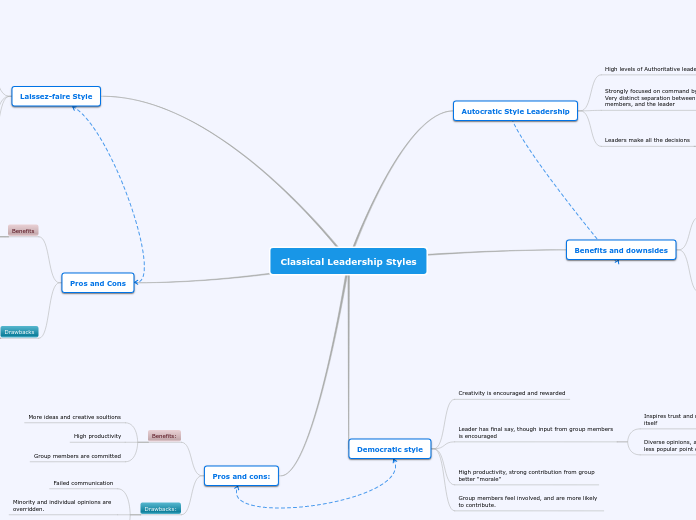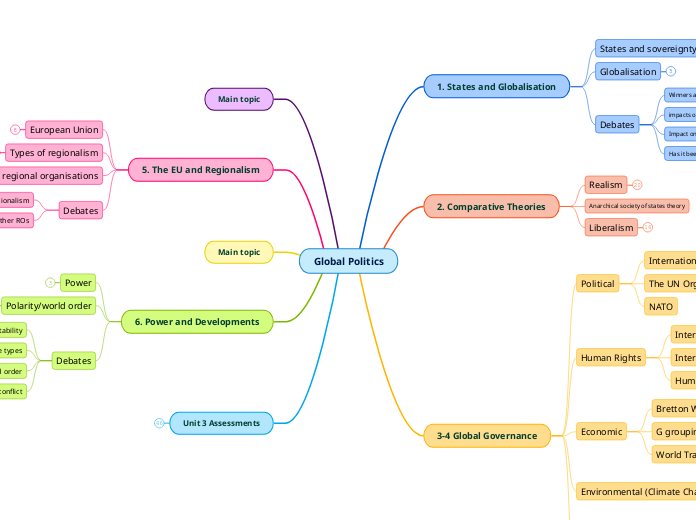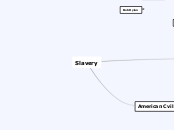BRITISH POLITICS
Parliament
To name your story, you have to think about the overall message and what you want your audience to understand from the story. Also, make it relevant and easy to remember.
The Prime Minister
Proposes new laws
Takes desicions on taxation
Choose their own ministers called the Cabinet.
Leader of the Goverment
The House of Commons
The ending of a story is essential. We all know that if the ending is weak, what happened before loses its importance. So make it unpredictable, but fair. A resolved ending answers all the questions and ties up any loose threads from the plot.
The majority party has the responsability for governing.
Frontbenches-Backbenches
Elected representatives of the people of the UK
This is the closure section of the story.
See examples of possible outcomes below:
- all problems have been solved
- it's clear how each one of your characters ends up
- your main character is transformed by the challenge
The House of Lords
The middle of the story is where you add layers of complications that will lead to the end. Reveal more about the character's journey. Did their personality go through changes? How did they overcome the challenges? And as you build up the story’s central conflict, make it more personal to that character. Also, from the middle act, you have to lead into the final act.
Main roles
There wouldn't be any tension and excitement in your story if there weren't any obstacles in your character's way.
Investigate issues through commites and debates
Work with the House of Commons to shape laws
Question and challenge
A story is nothing more than a character overcoming a series of difficulties to reach the desired goal. Obstacles usually create suspense and conflict. In overcoming obstacles, there is growth: weak becomes strong; hatred turns into love; sadness into happiness; wrong into right; lies into truth; or evil becomes good.
See a few examples below:
- stopping a meteor
- finding a killer
- finding love
3 Rows of benches
Your character(s) need(s) motivation in order to solve the challenge(s).
Non partisan members sit in the center aisle
Secondary characters might also have motives that lead them to cross paths with the main character or which might trigger them to help the main character.
Partisan members sit on benches facing each other
Why does your character need to confront this challenge? What does he/she expect to accomplish by solving it?
See a few examples:
- will marry in 3 days
- can fix the mistakes of the past
Types of Lords
Each story has a main character and that character usually needs to solve a problem or challenge. The character's challenge is the one that creates tension throughout the story.
Anglican bishops leaders in the church of England
Descendants of medieval peers
Hereditary peers
Type in any other challenges which other characters in the story need to face.
Political peers
In most stories, there are 3 challenges. The number 3 is a mystical number symbolizing completeness. Try to come up with interesting challenges with which your character needs to struggle.
See a few examples below:
- turns into a werewolf at night
- is sent back in time
The Regent
In the beginning of the story (or the exposition), you will need to introduce the setting and characters. You might also want to introduce the main conflict. This part of the story is important because it gives the reader necessary background information and maybe even a first insight into a character’s personality.
Calls on the majority party to form a goverment.
Can declare war or peace.
Signs all legislation.
The setting (time & place) of a story can change throughout the plot.
Descendant of the Kings.
Characters are essential to a good story. Usually, the protagonist(s) is/are the most affected by the plot. Introduce a character by focusing on their actions, interests, and occupation, as the physical appearance doesn't make a difference in most cases.










